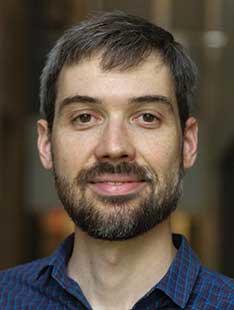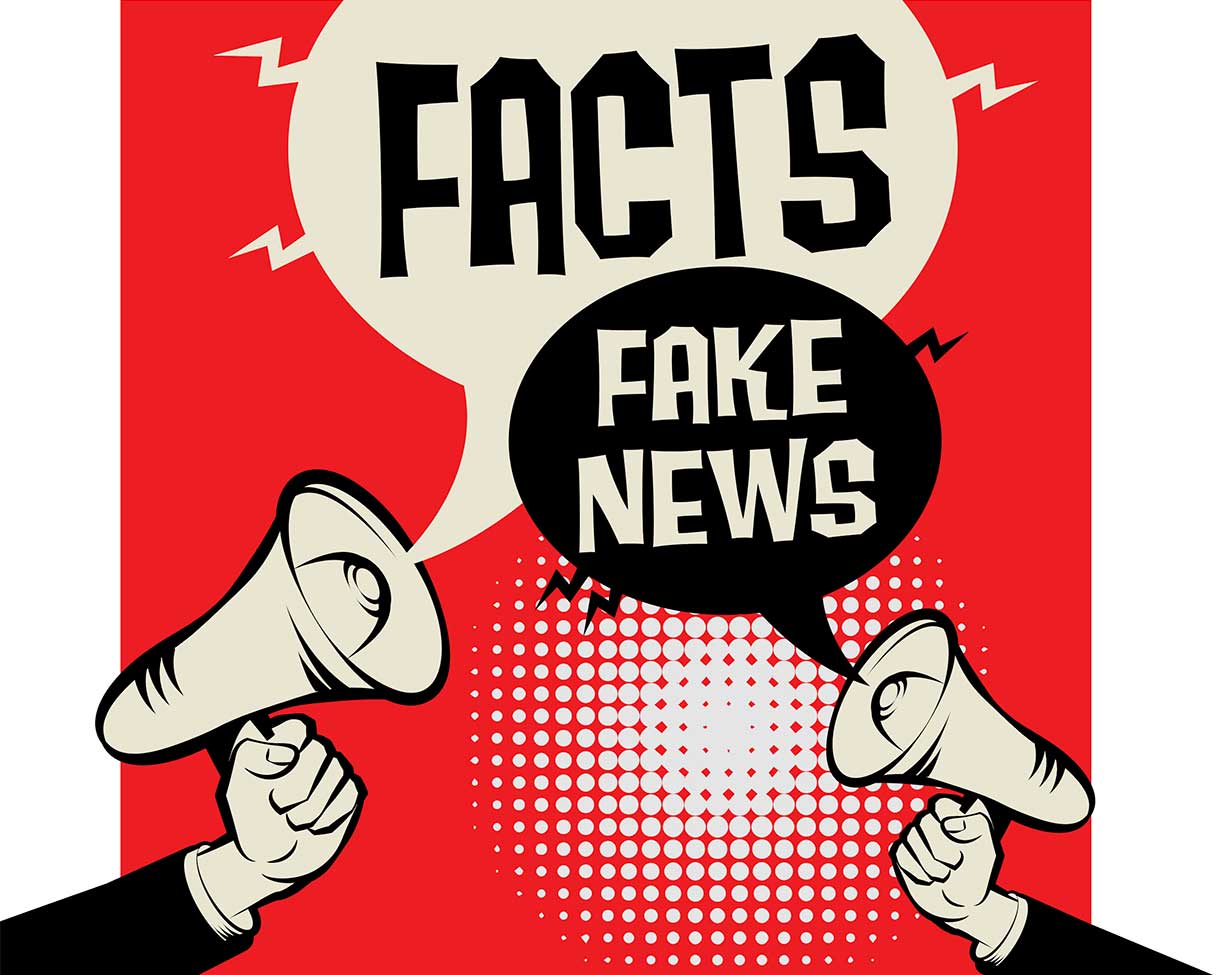Andrew Guess’s Research on Social Media Turns Up Surprises
Evidence is lacking to prove dubious online content helped sway the 2016 election, Guess says

His findings might surprise some. His research suggests that the notion of social-media “bubbles” — self-reinforcing diets of ideological information — are real, but more limited than media coverage would suggest. Guess estimates that perhaps 10 percent of social-media users belong to these ideologically isolated bubbles, while the other 90 percent are either consuming a “healthier” diet of credible media coverage or aren’t paying much attention to politics at all.
“Not to say those 10 percent don’t matter — quite the opposite,” Guess says. But what he’s found is nuanced. “From the perspective of an online publisher, if you’re getting a ton of engagement, there’s an incentive to produce more of that content, but you can’t tell if all of that engagement is coming from a large swath of the population or if it’s a smaller group of people who are really into this content and who are repeatedly going back to the same items,” Guess says. “I suspect it’s the latter.”
Guess is also skeptical that dubious online content helped sway the 2016 election or other elections. “Not to say this has been definitively disproven, but there’s not a lot of strong evidence for it,” he says. While it’s possible, he says, the effects are likely limited. “People who are already committed to certain candidates or parties are not the ones you expect to be persuadable.”
Doing research in Guess’ field has its challenges. Details on user data and the platforms’ algorithms aren’t always available, since the platforms are private entities. (Guess’ research methods include collecting online data and recruiting volunteers to participate in experiments.) It can also be tricky to separate the effects of social media from that of the more partisan corners of traditional media, such as cable networks, which fall beyond Guess’ purview. And it’s hard for researchers like Guess to know whether media users’ behavioral patterns are changing faster than they can be studied. “We’re aiming at a moving target,” he says. “That keeps me up at night.”
Growing up in Potomac, Maryland, Guess was always interested in computers and journalism. After earning a bachelor’s degree in information science from Cornell, he worked as a journalist for the education news website Inside Higher Ed. He then earned his master’s and Ph.D. degrees from Columbia and did postdoctoral work at New York University. He’s been teaching at Princeton since 2017.
Guess offers a few tips for maintaining a balanced media diet. Rather than just reading the news on social media platforms, he urges regular visits to the home pages of credible news sources, because they offer a wider cross-section of the articles being published that day. He also suggests subscribing to daily newsletters from trusted media outlets. Other good habits include cross-checking dubious-sounding claims with mainstream media outlets and fact-checking sites, and reading through articles rather than just glancing at the headlines.
Guess does have one guilty media pleasure. “I’m a complete Twitter addict,” he says. “It’s not healthy, and I try to stay aware of that fact.”










1 Response
Laurence C. Day ’55
4 Years AgoShunning Social Media
To interact with social media sites to seek personal opinions on political questions and other information is a complete waste of time. Ninety percent of what said and reported on these sites is not fact checked as is done by national mainstream media. These sites allow nearly anyone to state an opinion from the masses who are the undereducated proletariat of our society. These for-profit only private commercial sites with no journalistic bona fides should be regulated and censured, for repeated obvious misinformation and violence-prone language, by the federal government. Traditional media sources of political information such as The New York Times and The Washington Post should be the principal outlet for all educated people including Princeton alumni. I have never opened Twitter and Facebook as they are prime reasons the internet has caused excessive damage to critical thinking. There is no such thing as the “science” of information as Andrew Guess majored at Cornell. Information is not bioengineering. He should become addicted to The New York Times, not the cheap imitation Twitter Tennessee whiskey.